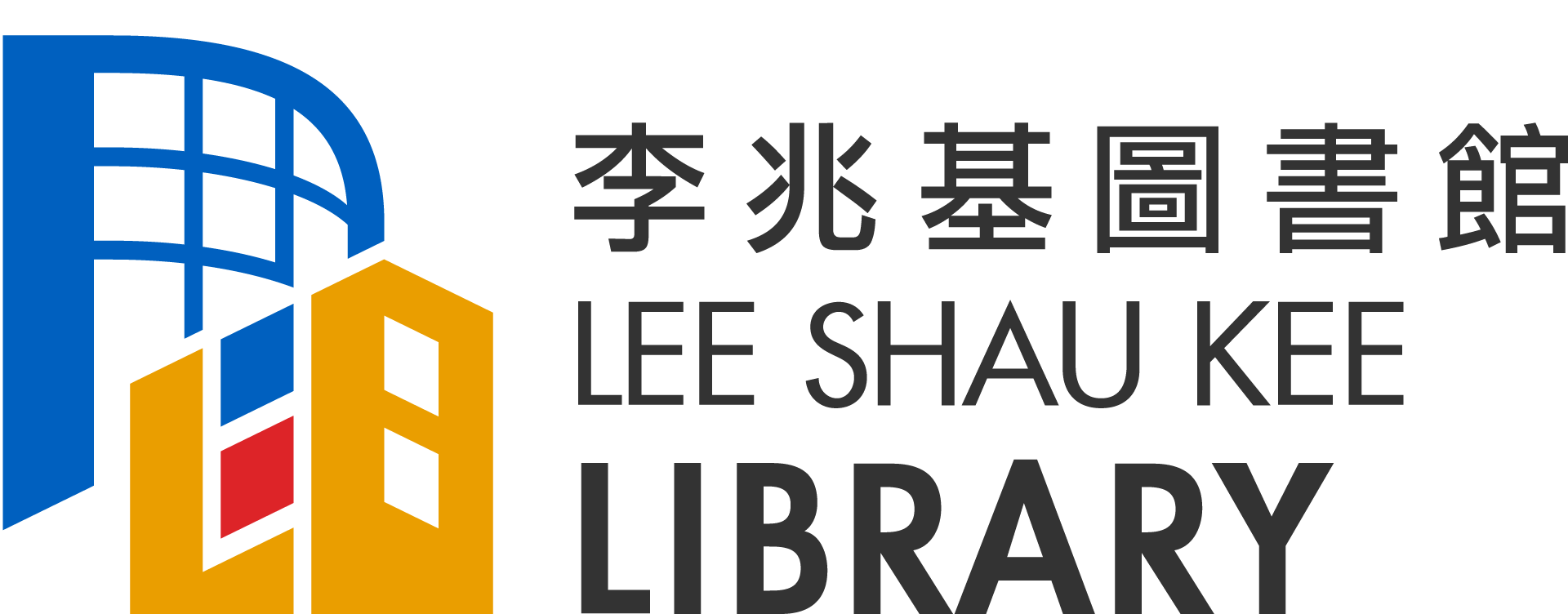
In our last post, we explored the connection between the SDGs, subjects, and keywords. Looking to connect your research with the SDGs? Our in-house developed tool, the SDG Keywords & Classifier, helps you do exactly that.
In this post, let’s explore how this mapping works and how you can use this tool to better align your research with the SDGs.
Why SDG Alignment Matters
Understanding how your research aligns with the SDGs is more than just a trend. Many institutions and researchers are evaluated on their contributions to the SDGs, such as through the Times Higher Education (THE) Impact Rankings. These rankings rely on Elsevier’s SDGs mapping system, which analyzes keywords from an article’s title, abstract, and author-supplied keywords and matches them against a comprehensive SDG keyword list. This list has been carefully curated with input from global experts and universities to ensure accuracy and relevance.
The way you describe your research directly influences which SDGs it gets mapped to. For example, if your article discusses “urban disaster risks”, such as the vulnerability of cities to flooding due to inadequate drainage systems, it might be mapped to SDG 11: Sustainable Cities and Communities.
This example highlights the importance of thoughtfully selecting terms that align with the SDGs relevant to your research. Using the right keywords can significantly enhance how your work is recognized and its contribution to global challenges.
Introducing Our In-House SDG Keywords and Classifier
To make SDG alignment easier, our library team has developed a powerful in-house tool featuring two components:
- SDG Keywords Database (left panel)
- SDG Classifier Tool (right panel)
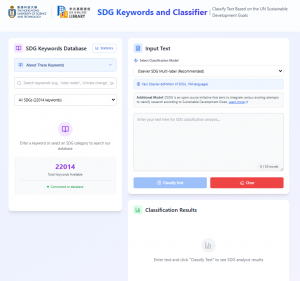
Data Sources
This tool has been designed selecting keywords from Elsevier. In their original context, combinations of keywords (e.g., "renewable energy" AND "sustainability") are frequently used to identify specific Sustainable Development Goals (SDGs). To improve searchability, these combinations are broken down into individual keywords. In addition, variations in keyword formats, such as consolidating 'regulations' and 'regulation' or 'sustainable' and 'Sustainable' or 'freshwater' and 'fresh water' —are standardized for consistency and readability.
In addition, the SDG Classifier Tool integrates the Aurora SDG Classifier API, enabling automated SDG classification based on your text.
Two Ways to Use the Tool
Use Case 1: Discover Relevant Keywords with the SDG Keywords Database
The SDG Keywords Database is a great starting point in the early stages of writing, such as planning, outlining, or refining your abstract. It provides a list of keywords associated with each SDG, helping you to identify which ones align with your research.
For example:
- If you search for “urban disaster”, you’ll find that this topic aligns with SDG 11.
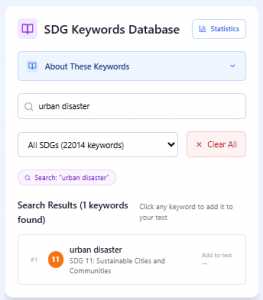
- Clicking on SDG 11 reveals related keywords such as “flood risk management”, which you might consider incorporating into your abstract or using as author-supplied keywords.
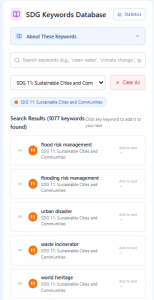
Use Case 2: Analyze Your Abstract with the SDG Classifier
Already have a draft? Use the SDG Classifier Tool to analyze your text and see which SDGs it most closely aligns with.
- Enter your abstract or text into the box.
- Click “Classify Text”.
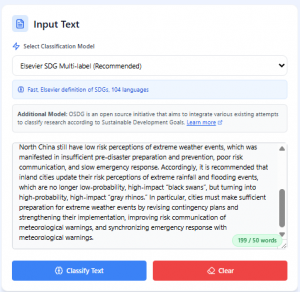
- The tool will automatically classify your text under potential SDGs based on the keywords you use, and you could consider to fine-tune your wording to emphasize those connections.
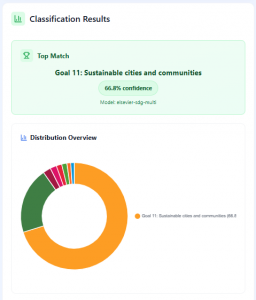
Pro Tip: Consider incorporating synonyms or related keywords into your title, abstract, and author keywords to emphasize your research's alignment with SDGs.
Note: This SDG Classifier is a recommendation tool, not a definitive mapping engine and may not always produce a perfect match. Use it as a guide to improve clarity and visibility.
Takeaway for researchers:
- Choose your keywords thoughtfully: Selecting keywords not only helps you search for related SDGs research articles, but also enhances your ability to position your work within global priorities.
- Embrace interdisciplinary topics: Articles may span across several SDGs, Tools like the Subject (ASJC) Finder and SDG Classifier can help you uncover these overlaps and broaden the impact and relevance of your research.
Don’t Miss Out!
Bookmark this tool to stay ahead in aligning your research with SDGs. Share it with your colleagues who might find these tips helpful. Together, let’s amplify the global impact of our research!

